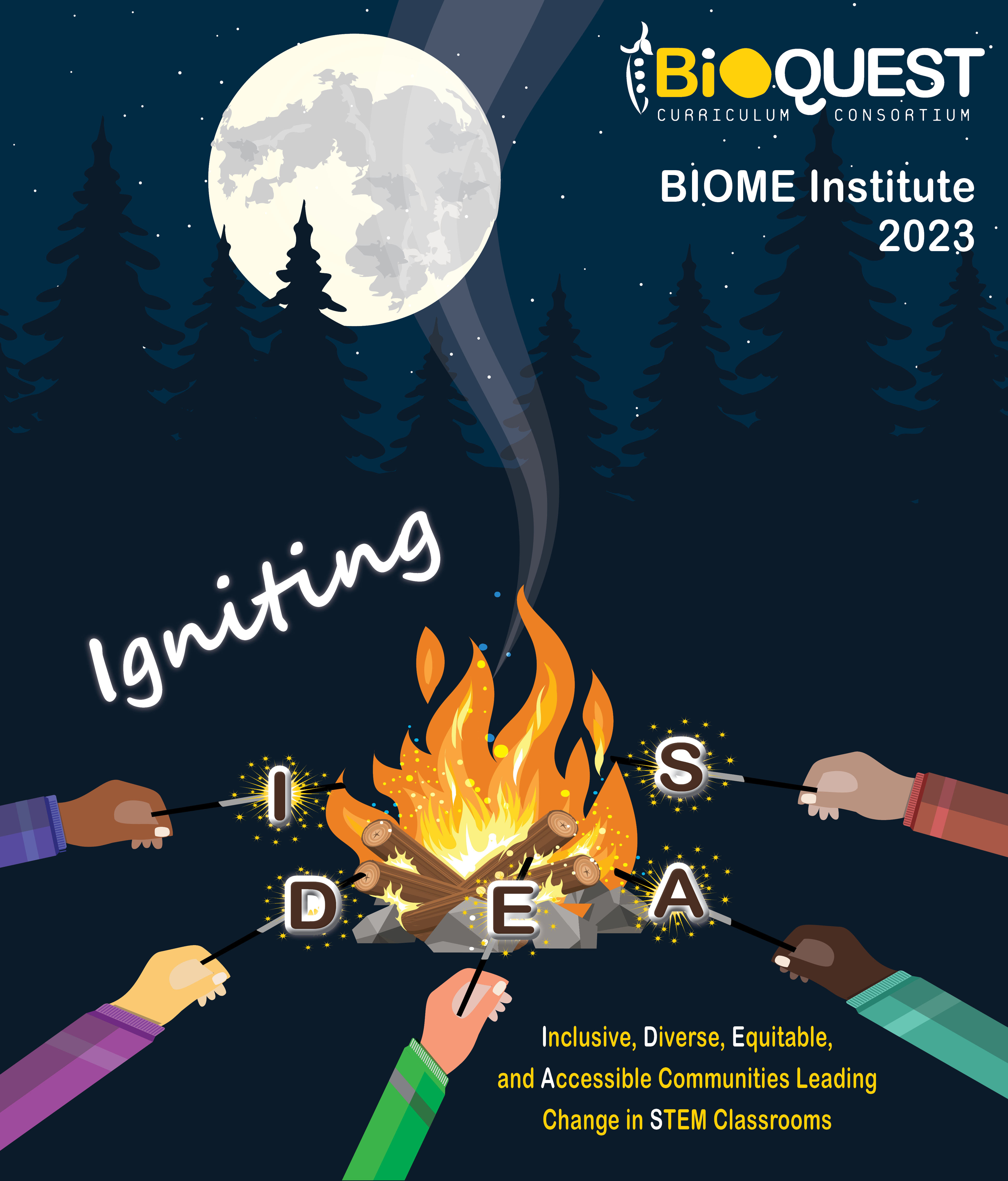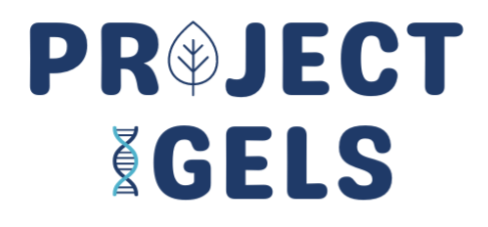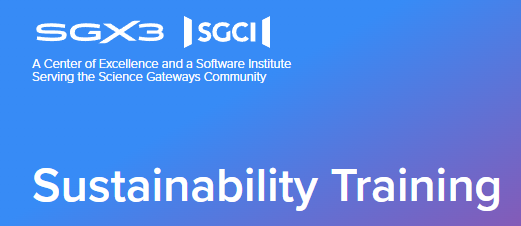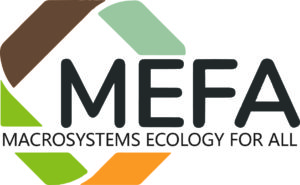BioQUEST News
Save the DATES! BIOME 2023: Igniting IDEAS: Inclusive, Diverse, Equitable, and Accessible Communities Leading Change in STEM Classrooms

The 2023 BIOME Institute will create bridges connecting existing and newly created communities of practice and ignite new collaborations. The BioQUEST Community will share knowledge of the creation of learning environments where educators and learners don’t just survive, but thrive. BioQUEST has been leading STEM education reform for almost 40 years, and this year we will work to connect diverse communities of change-makers, STEM reformers, and all those interested in this mission to extend the excellent work already being done. Participants will gain a deeper understanding of the work that has been done by others and how they can accelerate a change in STEM education with IDEAS (Inclusivity, Diversity, Equitability, and Accessibility).
What to know:
Hybrid event meaning there will be a virtual AND an in-person component. Participants are encouraged to attend both, but can choose virtual only if preferred.
Virtual Week 1: July 10-14, 2023
In-Person Week 2: July 24-27, 2023 at the University of New Hampshire, in Durham, NH
Registration is opening soon, so stay tuned!
Partner News and Opportunities

Instructors of General Education Life Science (IGELS) Survey
As a member of the BioQUEST community, we greatly value your perspectives, and we need your help!
Faculty who teach undergraduate life science courses to non-science majors play an incredibly important role in our society. These courses may be the only opportunity these students have to learn essential information and gain skills necessary for their future filled with environmental, health, scientific, and technological issues.
We greatly value faculty’s perspectives, and if you teach undergraduate life science courses to non-science majors, we need your input! The IGELS (Improvement of General Education Life Science courses) project, through an NSF award (2126154), is investigating what impact the biology education report, Vision and Change (AAAS, 2009), has had on select life science/biology instructors. Even if you have NOT read the document, your input is valuable.
We have developed a brief survey, and your answers will help shape effective and relevant professional development opportunities for instructors of General Education Life Science (GELS) courses.
The survey is accessible here.

Join us at Focus Week to create your starter sustainability toolkit!
Gateway Focus Week is an intensive week-long workshop designed for innovative research teams to work together on producing a strong sustainability plan. You’ll leave Focus Week with a clearer definition of your project's value, its audience, and its positioning in the competitive landscape along with tools you can use to continue as your project continues to mature. Take the time to step away from your desk and invest in your future!
The next session takes place May 22-26, 2023 at the San Diego Supercomputer Center, 10100 Hopkins Dr, La Jolla, CA 92093. Thanks to the generous support of NSF, we are able to offer this at no cost to attendees. Attendees will only need to cover their own travel, lodging, and meal costs. The Focus Week application is open with rolling acceptance! Space is limited – the last day to apply is April 24, 2023.

ASCN Blog Post: Open Education as a Lever for Social Justice and Equity - Exploring the Many On Ramps of Open STEM Education
Authors: Kaitlin Bonner (St. John Fisher University), Carlos Goller (North Carolina State University), and Melanie Lenahan (Raritan Valley Community College)
The Open Education Ecosystem can be thought of as a roundabout where educators and researchers enter into a high-impact landscape through many different on ramps, including Open Educational Resources (OER), Open Data, Open Science, Open Pedagogy, or any of the many aspects of Open Education Ecosystem. Here we describe these common on ramps, transitions, and intersections between different facets of the Open Education landscape and more importantly how Open Education can be leveraged to promote social justice and equity in STEM education. Read on here.

MEFA Launch Event: Introduction to Macrosystems Ecology
Are you interested in macrosystems ecology? Have you wondered what it’s all about? Do you want to learn about how to get involved in new collaborative macrosystems ecology research alongside your undergraduate students? If so, then this event is for you!
Join us as we launch a new NSF-funded Research Coordination Network, Macrosystems Ecology For All (MEFA)! At our 90-minute opening event, you will hear four macrosystems ecologists share their projects and stories, engage in thinking about what it might take for you to shift towards or build your existing macrosystems research, and learn all about the MEFA RCN and upcoming events!
Event Details
The Macrosystems Ecology for All (MEFA) Research Coordination Network is a diverse and welcoming community for faculty in teaching-focused positions to gain the training necessary to become full participants in macrosystems science. The MEFA RCN enables collaborative, multi-institution projects that address macrosystems questions, use existing environmental datasets, and serve as vehicles for teaching undergraduate students macrosystems concepts and data science in a supportive environment focused on diversity, equity, inclusion and justice. To learn more about MEFA, visit their website and join the MEFA RCN here.

NSF INCLUDES Hub Podcast Series: Collaborative Strategies for Inclusive Change
NSF INCLUDES have launched a new podcast series, hosted by Dr. Ivory Achebe Toldson. Each episode of Collaborative Strategies for Inclusive Change will highlight practical ideas for creating innovative collaborations to address inclusivity in STEM. Find all episodes here.

A New Vision for Change - apply now to the UBER GRC
We are excited to announce the program for the 2023 Gordon Research Conference and Seminar for Undergraduate Biology Education Research is now online and applications are open. This year's theme is “A New Vision for Change: Re-imagining Biology Education Through Social Justice”. We hope the 2023 UBER GRC will center people and communities, foster collaborations and systemic changes, and create new visions toward social justice by providing a forum to share emerging research and practices that promote inclusive, diversity, equity, access, and social justice in undergraduate biology education across disciplines and sectors. We invite applications from students, postdoctoral scholars, researchers, educators, administrators, policy makers, and publishers. Among the issues to be tackled are humanizing STEM, intersectionality in biology education research, dissecting new research that is helping our community understand how big data and data analytics are creating research opportunities and new paradigms, and highlighting some of the transformative programs that are successfully catalyzing widespread improvement in our educational systems. The Gordon Research Seminar (GRS) is a pre-GRC workshop for early career researchers. Both conferences invite poster submissions to highlight key work in the field.
We are now reviewing applications on a monthly basis, with priority given to early applicants. Travel and registration support to successful applicants who request funding assistance will be announced in Spring. If you are early career, please apply to the GRS as there are dedicated funds just to support GRS participants.
We welcome your application for these events:
2023 Gordon Research Conference for Undergraduate Biology Education Research A New Vision for Change: Re-imagining Biology Education Through Social Justice at Bates College, Lewiston, ME, on June 25-30, 2023.
2023 Gordon Research Seminar for Undergraduate Biology Education Research June 23-25, 2023 Bates College, Lewiston, ME (for early career scientists)